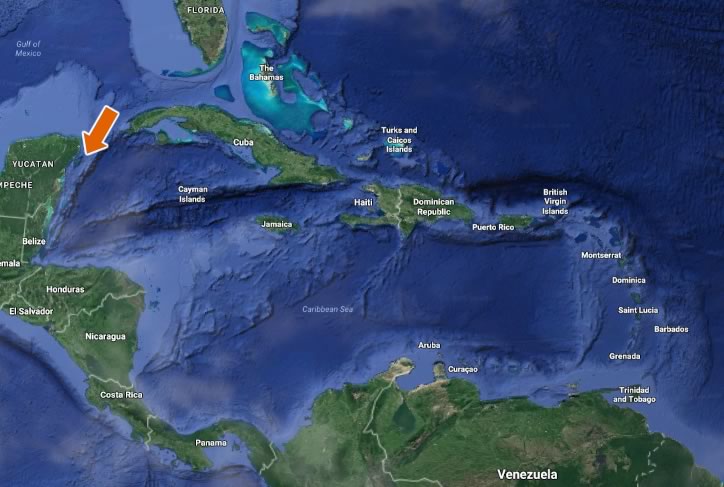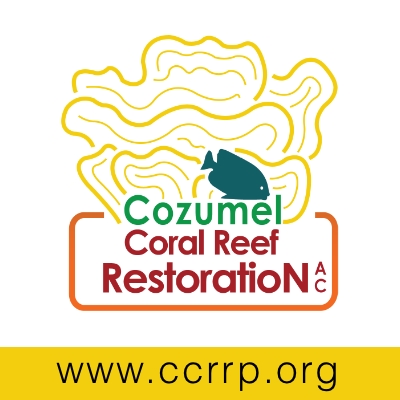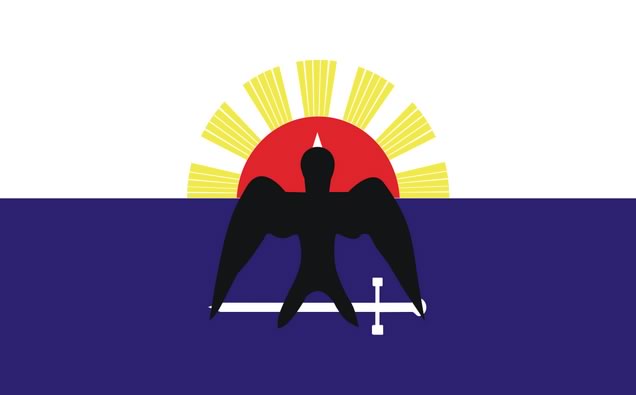Cozumel (Island of the Swallows) is the largest island in the Mexican Caribbean.
Located off the eastern coast of Mexico's Yucatán Peninsula, opposite Playa del Carmen. View Map
1. Mayan Heritage:
Cozumel was an important island for the ancient Maya civilization. They considered it sacred and dedicated it to Ixchel, the goddess of fertility, medicine, and the moon. There are several archaeological sites on the island, including San Gervasio, where pilgrimages were made to honor Ixchel.
2. World-Class Diving:
Cozumel is renowned for its crystal-clear waters and vibrant coral reefs, making it one of the top diving destinations in the world. The underwater visibility often exceeds 100 feet, and divers can explore a variety of marine life, including colorful fish, turtles, and even nurse sharks.
3. Jacques Cousteau's Influence:
The legendary marine explorer Jacques Cousteau played a significant role in putting Cozumel on the map as a diving destination. His 1961 documentary featuring the island's reefs helped showcase its natural beauty to the world.
4. Chankanaab Park:
This ecological park is a popular attraction on Cozumel. It offers a beautiful beach, botanical gardens, and a lagoon where visitors can swim with dolphins. It's also an excellent spot for snorkeling due to its clear waters and abundant marine life.
5.Cultural Fusion:
Cozumel has a rich cultural blend influenced by its Mayan heritage and more recent history. The island's cuisine, for example, combines traditional Mayan flavors with Spanish, Caribbean, and Mexican influences. Visitors can enjoy dishes like cochinita pibil (slow-roasted pork), fresh seafood, and tropical fruits.

Enjoy your stay!
 If you own or manage a business in the Caribbean and need professional assistance with your website and social media, gandor.tv will create, maintain, host and promote your website for you.
If you own or manage a business in the Caribbean and need professional assistance with your website and social media, gandor.tv will create, maintain, host and promote your website for you.
“Himno Nacional Mexicano”
Yucatec Maya: Kùutsmil
English: Island of the Swallows
The first Spanish expedition to visit Cozumel was led by Juan de Grijalva in 1518. In 1650 many of the Mayan islanders were forcibly relocated to the mainland town of Xcan Boloná to avoid buccaneers' predation. Later, in 1688, the rest of the island's population, as well as many of the settlements along the Quintana Roo coast, were evacuated inland to towns such as Chemax.
In 1848, refugees escaping the tumult of the Caste War of Yucatán settled on the island and in 1849 the town of San Miguel de Cozumel was officially recognized by the Mexican government.
The original airport was a World War II relic and was able to handle jet aircraft and international flights, a much larger airport was built in the late 1970s. This resulted in much greater tourism to Cozumel.
Scuba diving is still one of Cozumel's primary attractions, mainly due to the healthy coral reef marine communities. These coral reefs are protected from the open ocean by the island's natural geography. In 1996, the government of Mexico also established the Cozumel Reefs National Marine Park, forbidding anyone from touching or removing any marine life within the park boundaries.
The island was struck directly by two Category 5 hurricanes during the 2005 Atlantic hurricane season. Despite Emily being a powerful storm, it was the slower moving Hurricane Wilma that caused the most destruction when it hit the island in October. There was some damage to the underwater marine habitat. This included the coral reefs, which suffered particularly at the shallower dive sites, and the fish that inhabit the reefs. [info: Wikipedia]
If you're at a legal drinking age, drink the local beer. They are usually much cheaper than imported beer and you are supporting the local businesses at the same time. And remember back home they are the imported beers!














